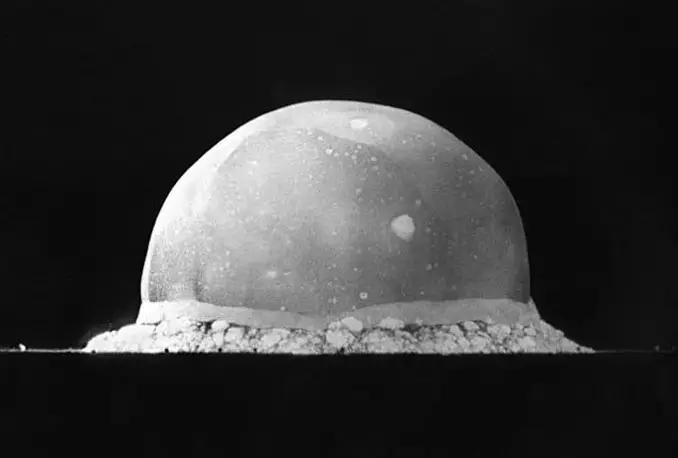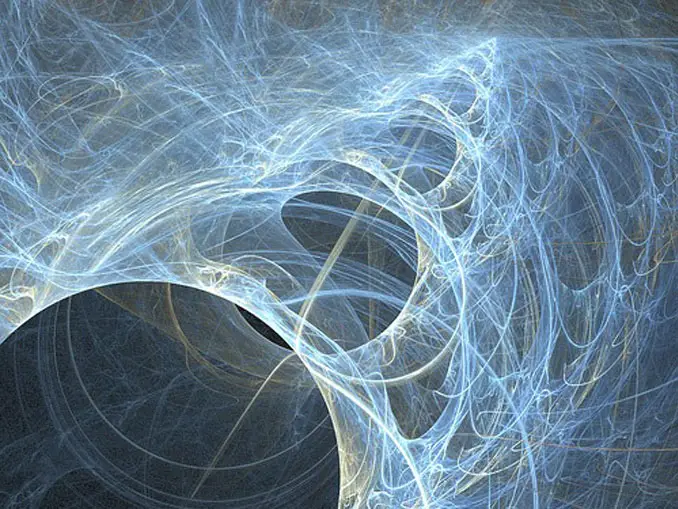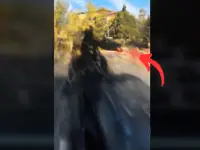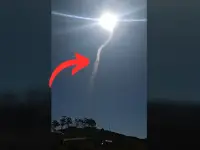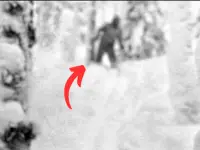5. Starfish Prime
In 1962 the US conducted an operation named Starfish Prime in which they fired a nuclear warhead into outer space from Johnston Island in the Pacific Ocean. The blast caused an electromagnetic pulse far greater than expected. It was so large the instrumentation readings were off the scale making it difficult to accurately measure any data.
1445 kilometers (898 miles) away in Hawaii the blast caused widespread damage, knocking out about 300 lights, setting off burglar alarms and shutting down telephone communication. In the months following the test, the radiation belts left from the explosion disabled one third of all low Earth orbiting satellites.
Large pieces of the missile crashed back down on Johnston Island and plutonium contamination was found on nearby Sand Island.
The fact that the electromagnetic pulse generated by the blast was much greater than scientists expected tends to indicate they were not entirely sure what the explosion might do but they went ahead and did it anyway. Luckily the Earth’s magnetic field recovered and was still able to protect us from devastating solar winds and harmful cosmic rays.
4. Artificial Intelligence
We already have robots that can drive cars and artificial assistants on our mobile phones but is it feasible that humans will one day create artificial intelligence that is smarter than the human mind? Google’s Deepmind AI technology can already beat humans at many games and has shown some rather unnerving similarities to human thought. A recent test raised some disturbing questions. The test involved two games – the first, two teams armed with lasers had to harvest apples and the second, a game where the two teams hunted down a single prey. Deepmind showed that it was willing to behave peacefully if the resources were plentiful but if the resources were scarce, it was more likely to attack the other team with the laser. When hunting down the prey the AI quickly learnt that teamwork was the best way to get the food.
The results from these test show that much like humans, Deepmind understands the benefits of betrayal to get what it needs. Is this the first step in creating an all destroying Skynet style supercomputer?
3. Weaponising Disease
In 1989, director of the Leningrad Institute of Ultrapure Biological Preparations Vladimir Pasechnik, defected to England. Pasechnik claimed that during the mid 1980’s the Soviets were experimenting on ways to weaponize microbial pathogens and to increase their virulence. One of the diseases that the institute was bioengineering was the plague. Also known as the Black Death, the plague was responsible for killing an estimated 75 to 200 million people throughout Europe and Asia between 1346 and 1353. According to Pasechnik the Soviets were developing a version that was resistant to heat and cold as well as many antibiotics. The new strain was then placed in warheads that could be fired on a missile.
Nobody knows whether or not the Soviet Union were actually planning to use any of these biological weapons offensively but if they had this even deadlier new plague may have had the potential to wipe out all human life on Earth.
2. The Trinity Nuclear Test
When the US joined World War II on December 7th, 1941, after the bombing of Pearl Harbour by the Japanese, the race to develop the world’s first nuclear weapon was already underway. Lead by the US, the Manhattan Project was a development and research undertaking that produced the world’s first nuclear bomb. Trinity was the codename given to the first detonation of a nuclear weapon which took place in the Jornada del Muerto desert in New Mexico on July 16th, 1945. The blast was larger than expected with an energy equivalent to around 20 kilotons of TNT. It was so large, it melted the sand into a radioactive, light green glass. The mushroom cloud reached a staggering 12.1 kilometers (7.5 miles) in height and the shockwave was felt more than 160 kilometers (100 miles) away.
The urgency to be the first country in the world to develop nuclear weapons was obvious with Germany and Japan also vying for world power. In the haste to win the race, several prominent scientists had concerns about what might actually happen if they were to set off a nuclear device. The Nobel Prize winning physicist Enrico Fermi believed that the blast may be catastrophic, setting fire to the Earth’s atmosphere and creating huge fires all around the world. The test went ahead despite his dire predictions and luckily he was wrong.
On August 6th, 1945, the US dropped an atomic bomb on Hiroshima, 3 days later, Nagasaki, both less than one month after the first test in New Mexico.
1. The Zeno Effect
Since the 1990’s a hypothesis has suggested that a form of energy known as dark energy may be accelerating the expansion of the universe. This has lead to the idea that there could be a point where the universe stops decaying more rapidly and begins to slow down, meaning the universe would exist forever.
This has lead to an amazing and mind-melting theory. In quantum physics, the Zeno effect is a bizarre yet proven situation where an unstable particle, if continuously observed, will never decay. New research has suggested that scientific measurement of the death of several stars in 1998 which detected dark energy may have actually reset the universe’s decay clock back to zero. How? By reverting the quantum system back to its original state – one of fast decay. This amazingly difficult to grasp concept basically suggests that scientists could have greatly reduced the life of the universe simply by observing it.
Well that was 10 science experiments that could have ended the world. Have you ever conducted an experiment in your basement that you thought might destroy all life as we know it? Let us know!




